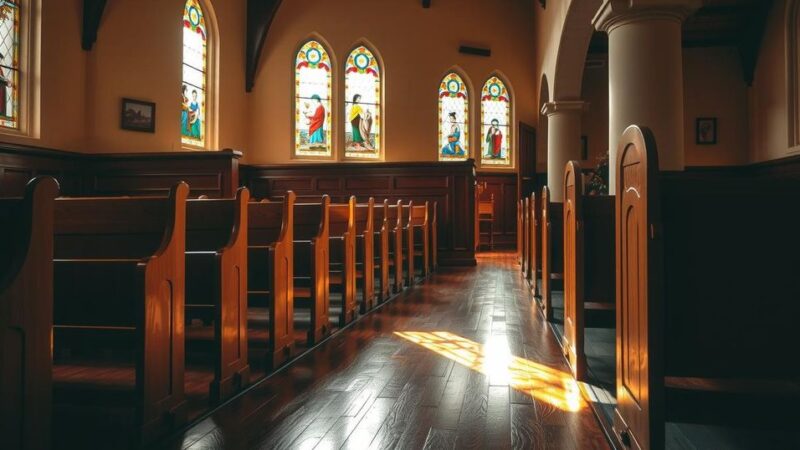A report indicates that only 5% of deforesters in Brazil’s Amazon have paid fines for illegal deforestation, highlighting significant flaws in environmental justice. From 2017 to 2020, over 3,500 lawsuits yielded only minor compensation payments despite significant environmental damage. New judicial guidelines introduced may enhance accountability and enforcement in future cases.
A recent report has revealed a troubling aspect of environmental justice in Brazil’s Amazon rainforest. It indicates that only 5% of individuals caught engaging in illegal deforestation have paid the associated fines. The analysis, conducted by Imazon—a Brazilian nonprofit focused on environmental research—examined over 3,500 legal actions initiated by the Federal Public Prosecutor’s Office from 2017 to 2020. During this period, these lawsuits addressed the destruction of more than 265,000 hectares of rainforest, a tract that is three times greater than New York City.
The report highlights the significant challenges faced by Brazil’s environmental justice system in holding deforesters accountable. While 640 lawsuits culminated in convictions, the financial compensation ordered amounted to 252 million reais ($43.4 million); however, by December 2023, only 652,300 reais ($112,000) had been paid, equating to a mere 0.2 percent of the total obligation. Prosecutors had estimated the environmental damage from illegal deforestation to be approximately 4.6 billion reais ($792 million).
Some legal cases were dismissed due to the inability to locate defendants or because lower courts rejected the use of satellite imagery as evidence. Interestingly, Brazil’s higher courts maintain the validity of such evidence and have overturned lower court decisions. Additionally, prosecutions involving unknown defendants were undertaken to limit area access and enable machinery confiscation. Nonetheless, without identifying an individual, these cases could ultimately be dismissed.
The findings also noted inconsistency in judges’ compensation decisions; some imposed drastic reductions of up to 90% or dismissed fines entirely. Certain judges expressed concerns that enforcing fines could result in a “double punishment” for those already tasked with restoring the deforested area. According to Suely Araújo, the public policy coordinator at the Climate Observatory, addressing these legal challenges is crucial for holding major deforesters accountable.
A promising development arose in October 2024 when Brazil’s National Justice Council introduced a protocol to aid courts in determining fines related to environmental infringements, including those caused by greenhouse gas emissions. If widely implemented, these guidelines may enhance consistency in rulings and bolster enforcement efforts as articulated in the report. Araújo emphasized the necessity of accurately calculating climate damage resulting from deforestation in judicial rulings.
The report from Imazon underscores the persistent inadequacies within Brazil’s environmental justice system regarding the enforcement of penalties for illegal deforestation. With an alarming 95% of deforesters failing to pay court-mandated fines, significant reforms are necessary to ensure that environmental offenders are appropriately penalized. The introduction of new guidelines by the National Justice Council offers hope for improved consistency in legal rulings moving forward.
Original Source: news.mongabay.com






